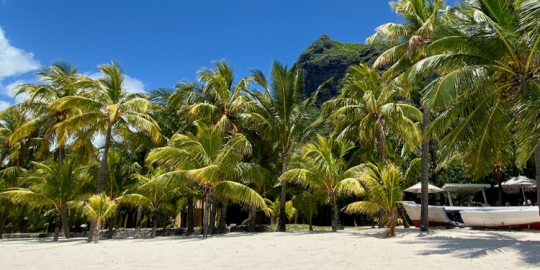Living in Eritrea guide for expats
All the information you need to relocate and live in Eritrea.
About Eritrea
Archaeological sites speak volumes about the country's history. Across a population of about 5.6 million people from a range of ethnic groups, Islam and Christianity are the two main religions, which are practised harmoniously. The area of the high plateau (where Eritrea's capital of Asmara lies) is predominantly Christian, whereas the populations living in the lowlands and by the coast are predominantly Muslim.
Although 11 languages are spoken across the country ' nine of which are indigenous ' there is no official language. Tigrinya, Arabic, and English are most widely spoken in the commercial sectors, and learning Tigrinya would be useful if you intend to work in Eritrea, as it is spoken by over half the population and has its own script. Interestingly, toward the end of the 1800s, thousands of Italian peasants settled and remained in Eritrea until the end of the Italian colonial rule in 1941. As a result, many older Eritreans speak Italian and the language is often understood among the younger generations.
In spite of its politically fraught and culturally compelling nature, Eritrea is one of the most secretive states in the world, and falls at the bottom of global media freedom rankings. There are no privately-owned local media, and foreign journalists are not welcome unless they agree to only write favourable reports.
After a 30-year war with Ethiopia, Eritrea won independence in 1993, only to plunge into conflict with Yemen and then once again with its old adversary, Ethiopia. Although a fragile peace now prevails, tensions with this neighbour remain high and it is not advisable to venture close to the heavily fortified border. The perceived threat of conflict is said to have been used by the one-party state to impose restrictions on society and, according to Amnesty International, military conscription is still mandatory. In recent years, the UN has accused the government of crimes against humanity, and it is believed that hundreds of thousands of Eritreans have fled the country to Europe.
Eritrea remains one of the poorest African countries and now faces the task of rebuilding its infrastructure and developing its economy after decades of conflict. In 2011 the worst drought recorded in 50 years hit the region, and this has also had a negative impact on its agriculture-based economy. All of this, compiled with the damning reports of human rights abuse, means that there are opportunities for expatriates in the NGO sector and in aid agencies, even though Eritrea may have unconventional views on international aid and often only welcomes support that complements local efforts and addresses specific needs that cannot be met internally.
Eritrea is also a gold producer and, thanks to its natural resources, mining is expected to become an important source of revenue and growth in the country, which is attracting companies and expatriates in this sector. The art-deco city of Asmara may be particularly attractive to foreigners who work in the education sector, as English is fast becoming the foreign language of choice at the University of Asmara, and its research centres could also provide potential employment opportunities.









